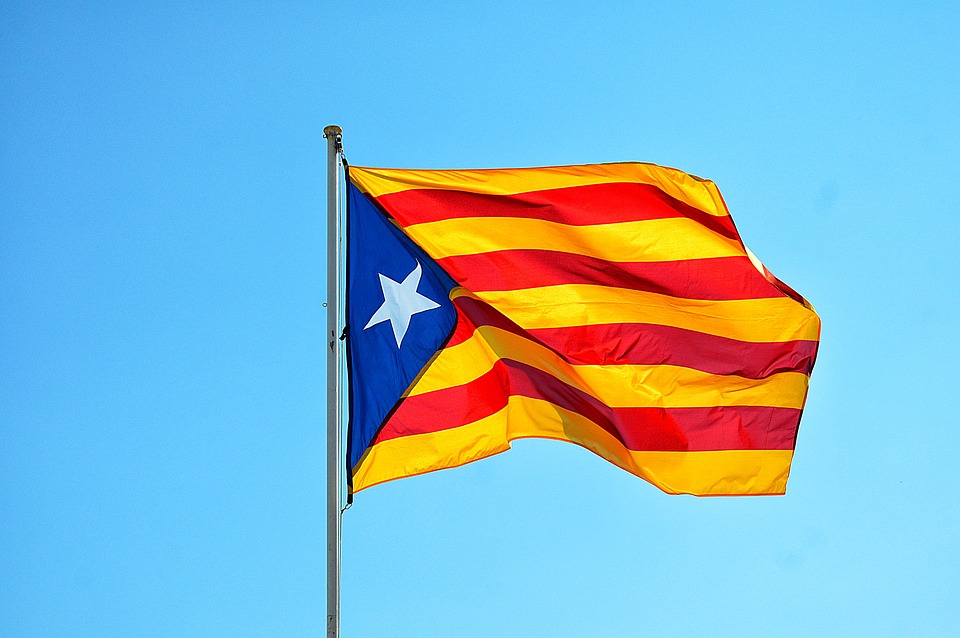On this weekend the president of Catalonia, Carles Puigdemont, who was dismissed from power, said he would redouble his efforts to gain independence by the rich region of Spain. Contrary to his opinion, his former ally, Esquerra Republicana party, suggested that the party should focus on politics.
The collision happened after Puigdemont 's own party coordinator proposed to abandon the unilateral declaration of independence in favor of negotiations with the Madrid politicians.
A unilateral statement on Catalonia's independence in October this year led to the fact that many companies decided to re-register outside the region and to the decision of the government of Mariano Rajoy to take the rebellious region under direct control. According to the results of recent polls, the movement for independence is risking losing control in the Parliament of Catalonia.
"Puigdemont is pursuing its own agenda, and its party needs independence to remain competitive in the elections," said Ignacio Molina, senior analyst at the Elcano think-tank in Madrid. "It becomes clear that the unilateral position has its limits and the state has tools to stop it, so the only way forward is to soften statements after the campaign."
Recent polls show that the pro-Hispanic parties have the same support as the supporters of independence before the vote, which will be held on December 21. It is assumed that the separatist Esquerra will receive the largest number of votes, but those who oppose the independence of the party can increase their presence in the Catalan parliament.
In general, the separatist bloc may fall to one place, not retaining its absolute majority, according to a public opinion poll published in the Madrid newspaper El Pais.
If the separatists do not get the majority, a coalition may form in the next parliament, which will not have a definite position on the issue of independence. This, in turn, will allow both the country and the region to move further.
source: bloomberg.com
The collision happened after Puigdemont 's own party coordinator proposed to abandon the unilateral declaration of independence in favor of negotiations with the Madrid politicians.
A unilateral statement on Catalonia's independence in October this year led to the fact that many companies decided to re-register outside the region and to the decision of the government of Mariano Rajoy to take the rebellious region under direct control. According to the results of recent polls, the movement for independence is risking losing control in the Parliament of Catalonia.
"Puigdemont is pursuing its own agenda, and its party needs independence to remain competitive in the elections," said Ignacio Molina, senior analyst at the Elcano think-tank in Madrid. "It becomes clear that the unilateral position has its limits and the state has tools to stop it, so the only way forward is to soften statements after the campaign."
Recent polls show that the pro-Hispanic parties have the same support as the supporters of independence before the vote, which will be held on December 21. It is assumed that the separatist Esquerra will receive the largest number of votes, but those who oppose the independence of the party can increase their presence in the Catalan parliament.
In general, the separatist bloc may fall to one place, not retaining its absolute majority, according to a public opinion poll published in the Madrid newspaper El Pais.
If the separatists do not get the majority, a coalition may form in the next parliament, which will not have a definite position on the issue of independence. This, in turn, will allow both the country and the region to move further.
source: bloomberg.com





